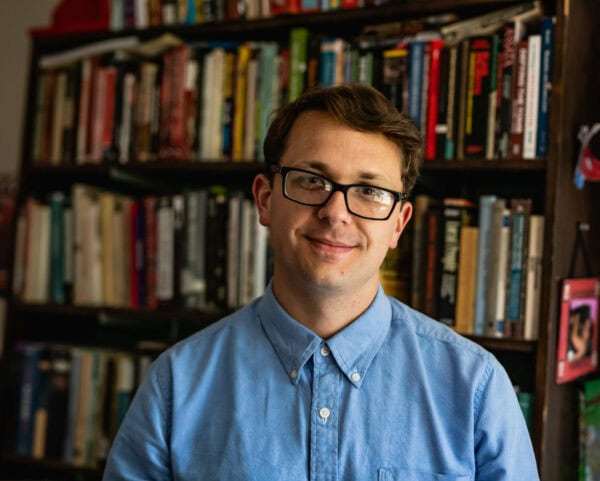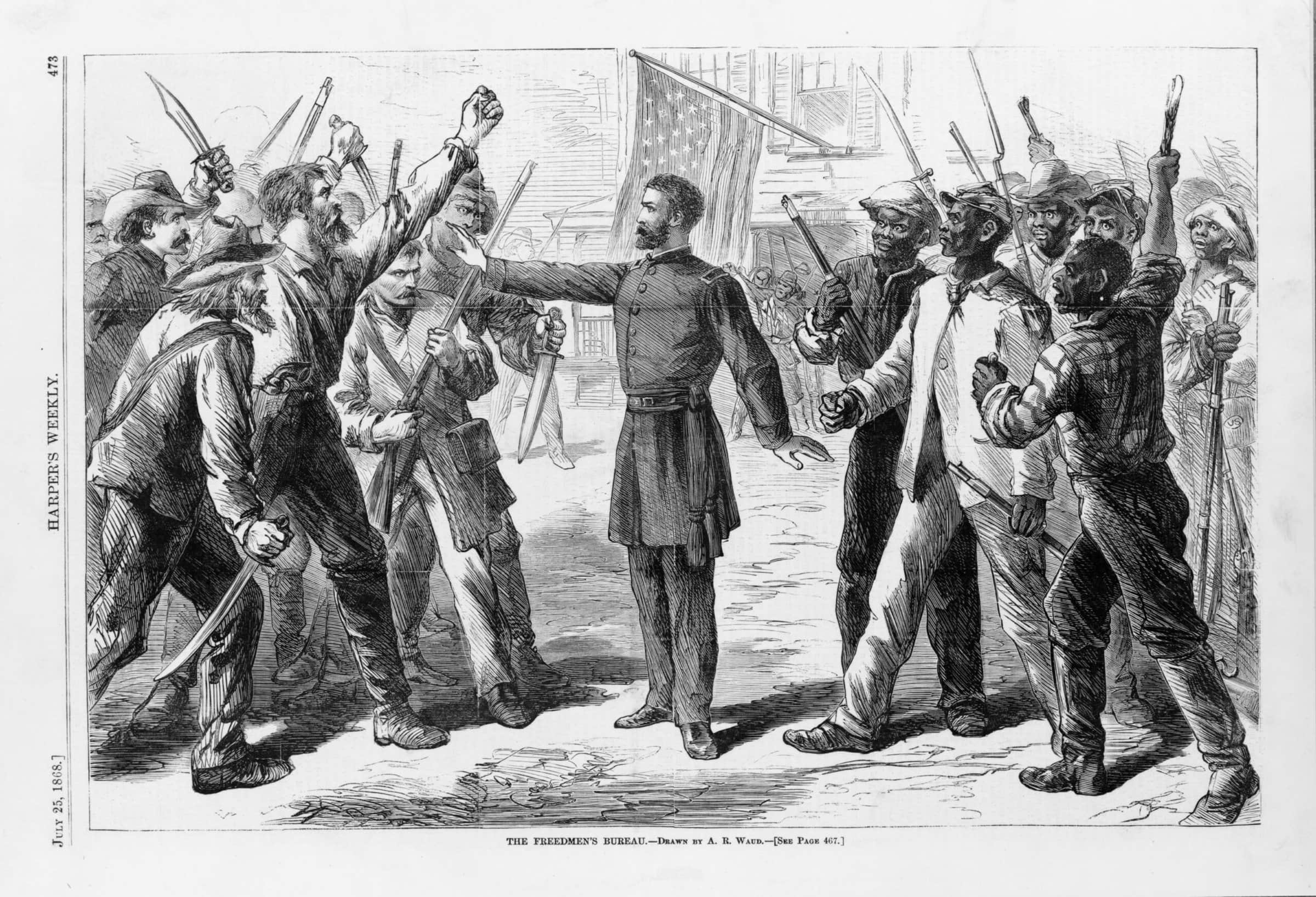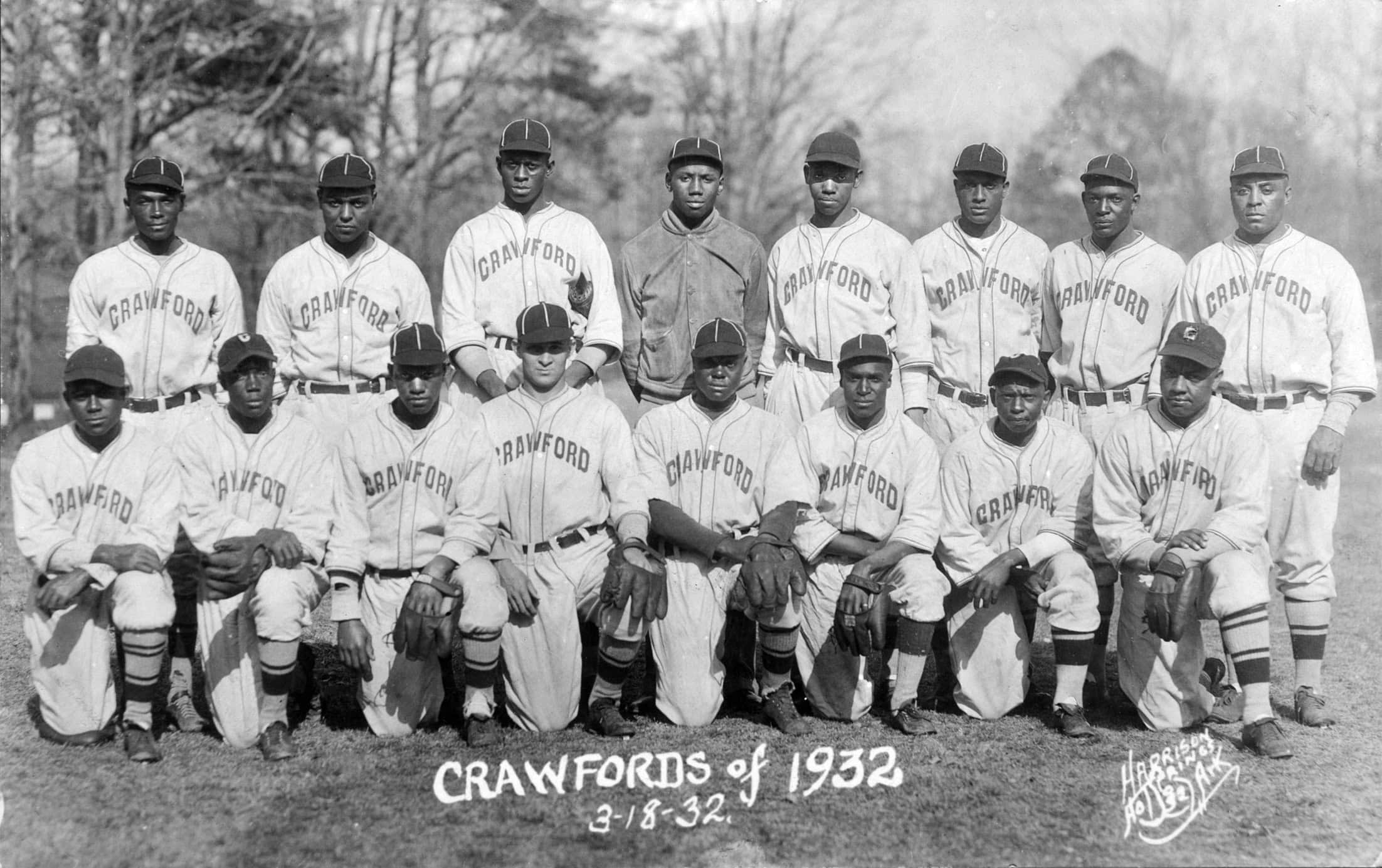Jasper Conner is a PhD candidate at the College of William & Mary. He lives in Richmond, Virginia, and has been a member since March 2021.

Website: gjasperconner.com
Twitter: @gjasperconner
Alma maters: BA (African American studies), Virginia Commonwealth University, 2016; MA (history), College of William & Mary, 2019
Fields of interest: African American, disability, labor, modern United States
Describe your career path. What led you to where you are today?
After taking an eight-year break from my undergraduate degree to work in the anti-war, environmental, and immigrant rights movements, I returned to complete my BA after the birth of my first child. Though originally planning to teach at the secondary level, I began to think of grad school after realizing how much I enjoyed the process of archival research while working on my capstone project. While applying to graduate school, my second child was born Deaf, introducing my family to the local Deaf community and American Sign Language. Getting to know the Deaf community of Richmond expanded my research interests to focus on the social history of disabled African Americans.
What do you like the most about where you live and work?
Richmond is large enough to offer excellent public schools, museums, and food, while being small enough to allow our family enough space to raise chickens and plant fruit trees within the city limits. Richmond is also home to a vibrant Deaf community that has been important to our family.
What projects are you currently working on?
I am currently writing my dissertation, which explores the experiences of disabled African Americans in the modern US South. My project also includes the Black Disability Oral History Project, which records the stories of African Americans residing at Jim Crow disability institutions. Interested interviewees can contact me through my personal website listed above.
What’s the most fascinating thing you’ve ever found at the archives or while doing research?
While looking through the archives of the Virginia School for Colored Deaf and Blind Children, I stumbled upon a photograph of one of the first people I ever met in Richmond’s Deaf Community. While not particularly revelatory, it was very heartwarming to see an elder in the community, one who has spent a great deal of time helping families with Deaf children, as a child herself.
Is there an article, book, movie, blog etc. that you could recommend to fellow AHA members?
The easiest way for AHA members to stay up to date on disability history would be to check out the Disability History Association Podcast, which covers a wide array of topics within the field.
What do you value most about the history discipline?
Historians have the ability to offer lessons from the past to those who are currently engaged in the struggle to build a better world.
Why is membership in the AHA important to you?
AHA membership has helped me to deepen my grasp on the professional aspects of being a historian which can be difficult for many.
Do you have a favorite AHA annual meeting anecdote you would like to share?
I joined the AHA in the midst of the pandemic, so I look forward to attending my first annual meeting in the coming years.
AHA members are involved in all fields of history, with wide-ranging specializations, interests, and areas of employment. To recognize our talented and eclectic membership, Perspectives Daily features a regular AHA Member Spotlight series.
This work is licensed under a Creative Commons Attribution-NonCommercial-NoDerivatives 4.0 International License. Attribution must provide author name, article title, Perspectives on History, date of publication, and a link to this page. This license applies only to the article, not to text or images used here by permission.



